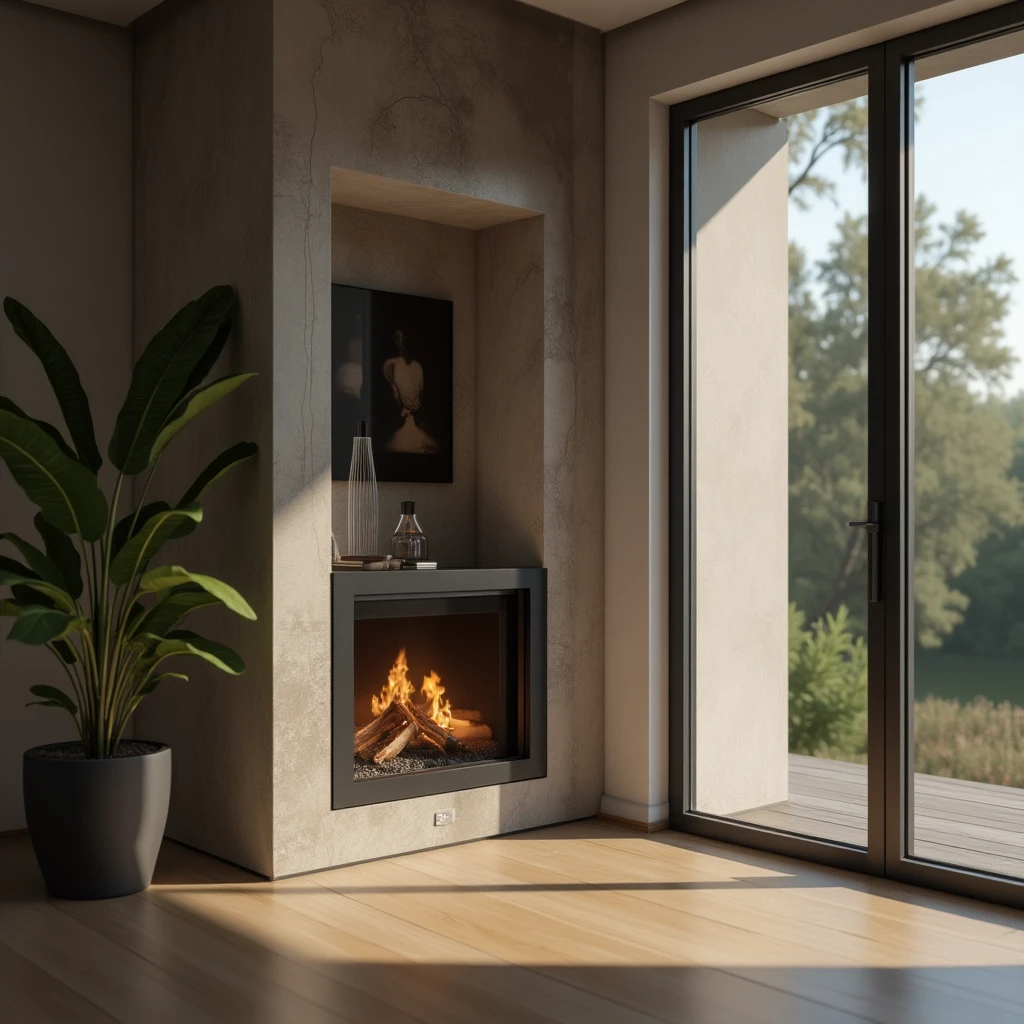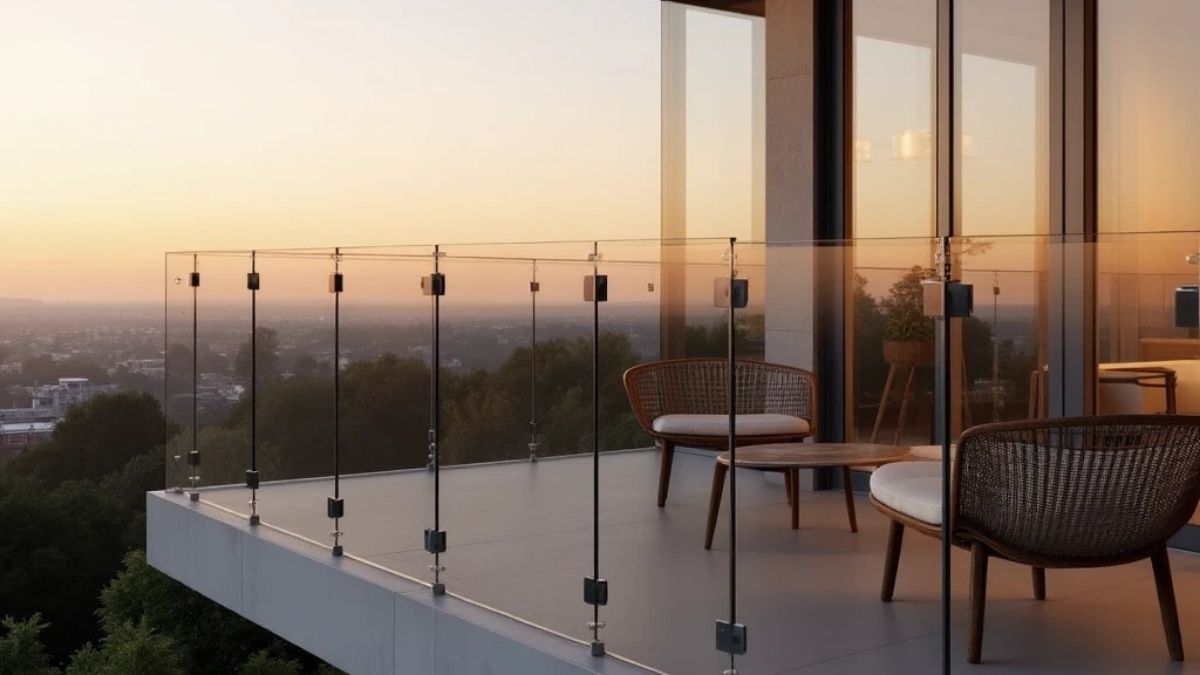Last Updated on May 22, 2025 by Kravelv Spiegel
In recent years, the tempered glass handrail has become a top choice for both indoor and outdoor spaces. Its sleek design, transparency, and safety features make it ideal for decks, balconies, staircases, and terraces. But beyond the visual appeal, glass railings offer practical advantages worth understanding before installation.
What Is Tempered Glass and Why It Matters
Tempered glass is a type of safety glass that’s heat-treated to increase its strength. If broken, it crumbles into small, blunt pieces rather than sharp shards, reducing the risk of injury. This makes it the perfect material for homes with children, pets, or high-traffic areas.
It’s also weather-resistant and doesn’t warp, corrode, or fade over time. That’s especially valuable in Canadian climates, where temperature swings and moisture can affect traditional materials like wood or untreated metal.
Ideal Locations for Glass Handrails
Tempered glass handrails aren’t just for modern homes. They can be used in:
- Balconies: for an unobstructed view
- Decks: paired with aluminum or stainless steel hardware
- Indoor stairs: to enhance natural light and openness
- Rooftop patios: where wind barriers are needed without visual bulk
Thanks to their strength, these handrails can meet building codes for both residential and commercial use. Always confirm the height, spacing, and glass thickness regulations in your area before starting the project.
Maintenance Tips
Unlike wood or metal, glass requires no staining or painting. To keep your tempered glass handrail looking its best:
- Clean it with a soft cloth and vinegar-based or pH-neutral cleaner.
- Avoid abrasive sponges or ammonia-based products.
- Inspect metal brackets once a year and tighten if needed.
Glass resists mold, mildew, and rust — making it ideal for poolside areas or wet climates.
Framed vs. Frameless Options

Glass railings come in two primary forms:
- Framed systems: supported by aluminum or steel posts and a top rail, offering added structure and a traditional finish.
- Frameless systems: mounted with hidden floor clamps, offering a floating, uninterrupted glass look. Ideal for minimalists or view-heavy locations.
Both are compatible with tempered glass panels and can be customized to match your home’s aesthetic.
Final thoughts
Choosing a tempered glass handrail isn’t just about design — it’s about choosing a safe, low-maintenance solution that lasts. From indoor staircases to breezy balconies, glass railings fit seamlessly into modern living.
Want more examples and design inspiration? Visit https://alumprorail.ca/ to explore real-life applications and ideas.

